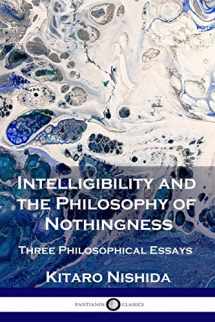
Intelligibility and the Philosophy of Nothingness: Three Philosophical Essays
Book details
Summary
Description
These translations of Kitaro Nishida's philosophy of nothingness and the intelligible world are accompanied with a scholarly introduction that explains the author's ideas and views on Western philosophy.
Prominent in intellectual circles in the early 20thcentury, Nishida did much to compare the traditional concepts of Eastern philosophy with the ideas prevalent in the West. Though concepts of Eastern thought range back many centuries, Japanese philosophy did not exist in the formal sense until the mid-19th century. Nishida and other prominent philosophers represented a flourishing of a field, their work building on older ideas prevalent in Japan.
Considered both intriguing and refreshing by Western scholars, the work of Nishida and others was translated to other languages and received with interest in the West. For his part, Nishida held his Western forebears and contemporaries in high regard - opinions which earned him the contempt of the nationalist government of Japan during the era. Much of this book concerns his comments, comparisons and answers to Western philosophers like Kant and Goethe.


We would LOVE it if you could help us and other readers by reviewing the book
Book review



